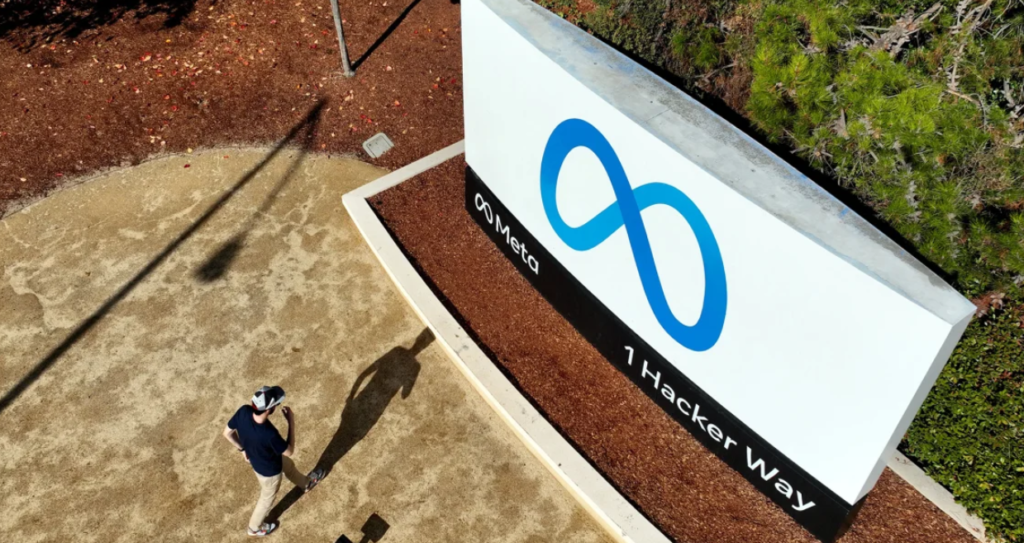Meta has decided to discontinue its diversity, equity, and inclusion (DEI) programs, making it the latest company to step back from such initiatives in response to conservative criticism. The company announced the termination of its DEI team, the cessation of “equity and inclusion programs,” and changes in hiring and supplier diversity practices through an internal memo sent to employees by Janelle Gale, Meta’s vice president of human resources.
Meta confirmed the memo’s content, which cited changing legal and policy dynamics in the United States regarding DEI efforts. Gale pointed out that the U.S. Supreme Court had made recent rulings signaling a shift in how DEI will be approached in the future, reaffirming the principle that discrimination based on inherent traits should not be tolerated or encouraged.
The memo also noted that the term “DEI” had become controversial, with some believing it implies preferential treatment for certain groups over others. As part of these changes, Meta’s chief diversity officer, Maxine Williams, will take on a new role focused on “accessibility and engagement.” The company will no longer require managers to prioritize candidates from underrepresented groups or pursue minority-owned vendors.
Meta emphasized that hiring decisions would no longer be based on protected characteristics like race or gender. Instead, the company plans to focus on programs aimed at ensuring fair and consistent practices to reduce bias for all employees, regardless of their background.
These changes coincide with other significant adjustments at Meta, including the ending of its third-party fact-checking programs in the U.S. and revisions to its hateful conduct policies. Critics argue that these moves align with a shift toward catering to right-wing perspectives, especially following the 2020 U.S. presidential election and the influence of conservative voices.
Earlier in the week, Meta also revealed changes to its content moderation policies, including a loosening of restrictions on certain types of previously banned content. CEO Mark Zuckerberg’s meeting with President-elect Donald Trump, followed by his appearance on the Joe Rogan podcast, further reflects the company’s evolving stance.
Zuckerberg discussed his long-standing commitment to free speech and social media’s role in enabling individuals to share their views. He acknowledged that his perspective had shifted after the 2016 U.S. election and the subsequent pressure from both media outlets and the Biden administration to address misinformation on platforms like Meta. Zuckerberg admitted that he initially gave too much weight to media voices suggesting that misinformation was the sole reason for Trump’s election, and that his approach to content moderation had ultimately eroded trust in the platform.
He also recalled the intense pressure Meta received from the Biden administration during the early days of the COVID-19 pandemic, particularly over the removal of content considered to be misinformation, adding that this period had tested Meta’s approach to content moderation. Zuckerberg expressed confidence that the changes Meta is now making will help restore trust moving forward.

